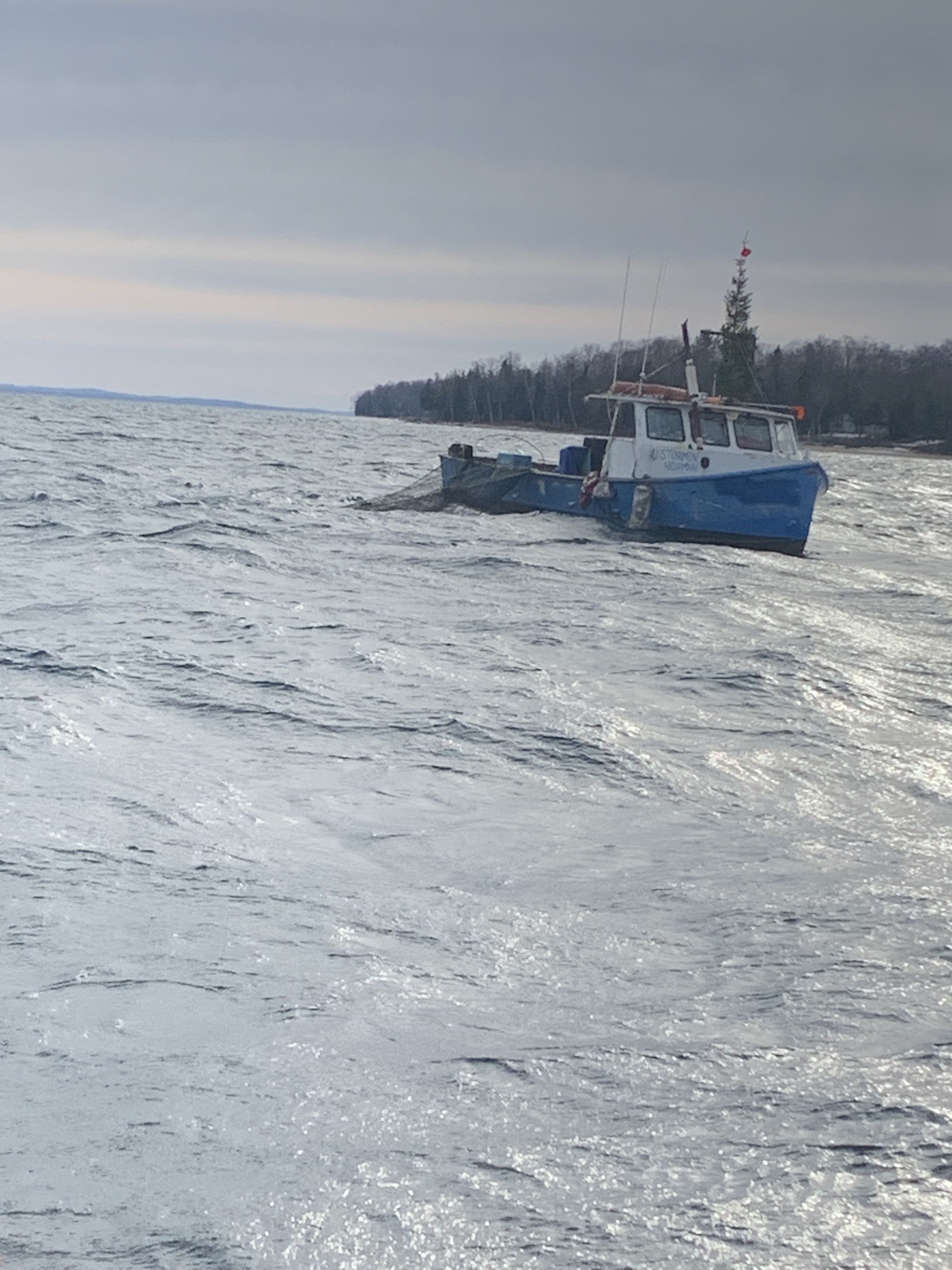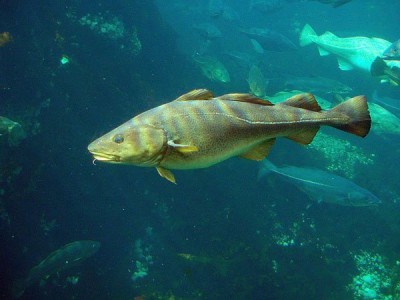Tribal Commercial Fishermen and Michigan Negotiating a New Deal in Great Lakes
As the state of Michigan and five tribes renegotiate an agreement from 2000 on the sharing fish in state waters, Great Lakes sports fishermen fear the worst.
In July 2022 Michigan Union of Conservation Clubs speculated that one tribe sought “100 percent of the resource with no limitations on gear.” While the organization acknowledges good relations with the tribes, it expresses concern that “If no new consent decree can be agreed upon, Great Lakes sportfishing as we have come to know it in Michigan will be gone.”
The negotiations are a result of treaty rights retained by the five tribes. The Sault Ste. Marie Tribe of Chippewa Indians, the Bay Mills Indian Community, the Grand Traverse Band of Ottawa and Chippewa Indians, the Little Traverse Bay Bands of Odawa Indians, and the Little River Band of Ottawa Indians, retained their fishing rights in Lakes Michigan and Huron under in the 1836 Treaty of Washington, and in Lake Superior under the 1842 LaPointe Treaty.
After court battles in the early 1980s upheld the Tribes’ fishing rights, sports fishermen were forced to negotiate for a share of the fish. In consent decrees in 1985 and in 2000, the Tribes agreed to an equitable split of the fish. The 2000 consent decree expired in 2020 and is being renegotiated by the Michigan Department of Natural Resources and the Tribes, with participants in the negotiations working under a non-disclosure agreement.
Organizations like the Michigan United Conservation Clubs and the Bay de Noc Great Lakes Sportsmen, which have sought and been denied intervenor status, continue to express alarm about the possible outcome.
According to Jason Smith, biologist for the Sault Chippewa Tribe, the sports fishermen’s fears are unfounded.
“I wish that quote about ‘100 percent’ would go away,” says Smith. “It’s blatantly wrong. The tribes have consistently shared the fish equitably, and I have heard nothing to indicate that that would change,” says Smith. “From what I hear the majority of sports fishermen support the Tribal fisheries. The Bay de Noc guys are helping the Little Traverse Bay Band raise whitefish for stocking.”
Commercial fishermen in the Great Lakes primarily target whitefish while anglers often practice catch-and-release with species like walleye, salmon and lake trout. “The commercial fisheries feed people, and are part of a long tradition,” Smith remarked.
Nonetheless, with many stocks down due to the impacts of zebra and quagga mussels on Great Lakes ecosystems, concerns remain about who will get to fish what, and where.







